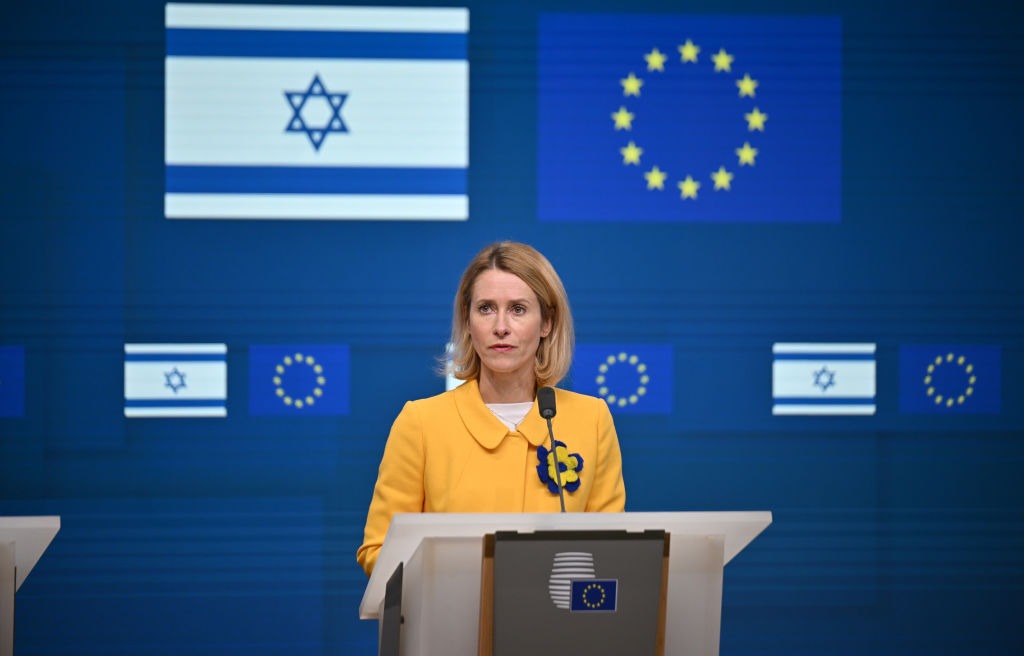
Israeli Minister Attacks EU’s Proposed An Israeli cabinet minister sharply criticized the European Union’s proposed sanctions against Israel, calling them “morally and politically distorted.” The comments come amid rising tensions between Israel and several EU member states over the ongoing conflict in Gaza and settlement policies in the West Bank.
Israeli Minister Attacks Strong Rebuke from Israel
The minister, speaking in Jerusalem on Monday, accused the EU of adopting a “biased and hypocritical stance” that undermines Israel’s right to defend itself. He argued that while Israel faces security threats daily, the EU has chosen to “punish the victim rather than the aggressor.”
Poland Urges EU to End Russian Oil Imports by 2026
EU’s Proposed Measures
The European Union is reportedly considering targeted sanctions, which may include restrictions on certain Israeli officials and companies linked to settlement activity. Brussels has framed the measures as a way to pressure Israel into complying with international law and halting what it considers unlawful settlement expansion.
Diplomatic Fallout
Israel has warned that such sanctions would seriously damage its relations with the EU. “Instead of promoting stability, these measures embolden extremists and weaken the prospects for peace,” the minister said.
Wider Context
The debate over sanctions comes at a sensitive time. Fighting in Gaza has intensified, with growing international calls for a ceasefire. The United Nations and several human rights groups have urged Israel to halt military actions that they argue disproportionately affect civilians.
Meanwhile, the EU insists that its proposed steps are meant to “uphold international standards” and ensure accountability. Officials in Brussels have yet to finalize the package, but insiders suggest a decision could come within weeks.
What’s Next?
Analysts note that if adopted, EU sanctions would mark one of the strongest rebukes yet against Israel by its European allies, further straining diplomatic ties. Israel, however, remains adamant that it will not compromise on what it sees as core national security interests.